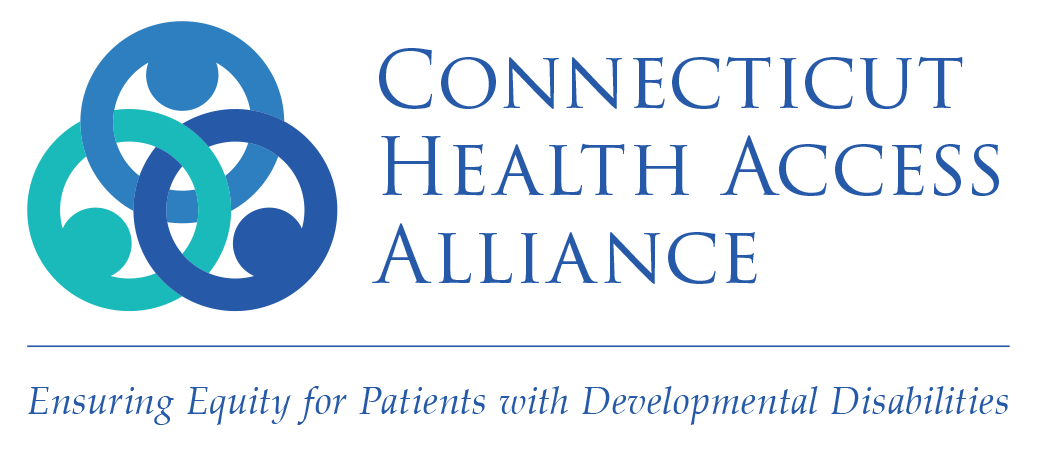Provider Resources
Section 504 of the federal Rehabilitation Act, the Americans with Disabilities Act (ADA), and Section 1557 of the federal Affordable Care Act require that healthcare entities provide full and equal access for people with disabilities. This means, that healthcare providers are required to make reasonable modifications (or changes) to policies, practices, and procedures to provide equal access to facilities and services to people with disabilities. The term “reasonable modification” is a broad concept that covers every type of disability.
Some examples of accommodations include:
Granting an early appointment to a patient with anxiety so that fewer people will be in the office and noise will be minimal.
Allowing a companion to assist a person with a mobility disability when positioning the patient for a radiology scan.
Modifying a policy requiring patients to complete their own paperwork, so that staff can complete intake paperwork for a person with a brain injury or dyslexia who requests assistance to fill out the paperwork.
Allowing additional time to explain care to a patient with a developmental disability.
Allowing a service dog that has been trained to alert their handler with a seizure disorder at the onset of a seizure to be present in an exam room.
To learn more see the resource link below.
Important Info:
Caring for Patients with Disabilities
Section 504 of the federal Rehabilitation Act, the Americans with Disabilities Act (ADA), and Section 1557 of the federal Affordable Care Act require healthcare providers to ensure effective communication with patients with disabilities. This obligation includes providing auxiliary aids and services to assist with communication.
Federal law requires providers to have available and pay for auxiliary aids/services necessary for effective communication and prohibits any costs from being passed on to their patients. Some examples of these services include:
Sign language interpreters and Braille materials
Simplified language documents
Computer Assisted Real-Time text (CART)
Large print documents
Keep in mind that if a patient with a disability is accompanied by a companion who has a disability that affects communication, Section 504 of the federal Rehabilitation Act, the Americans with Disabilities Act (ADA), and Section 1557 of the federal Affordable Care Act require medical providers to ensure effective communication with that companion, if he or she is an individual who is involved in the patient’s care.
The goal should be to treat patients with disabilities just as you would other patients while respecting the specialized needs they may have.
Source: https://www.ada.gov/



